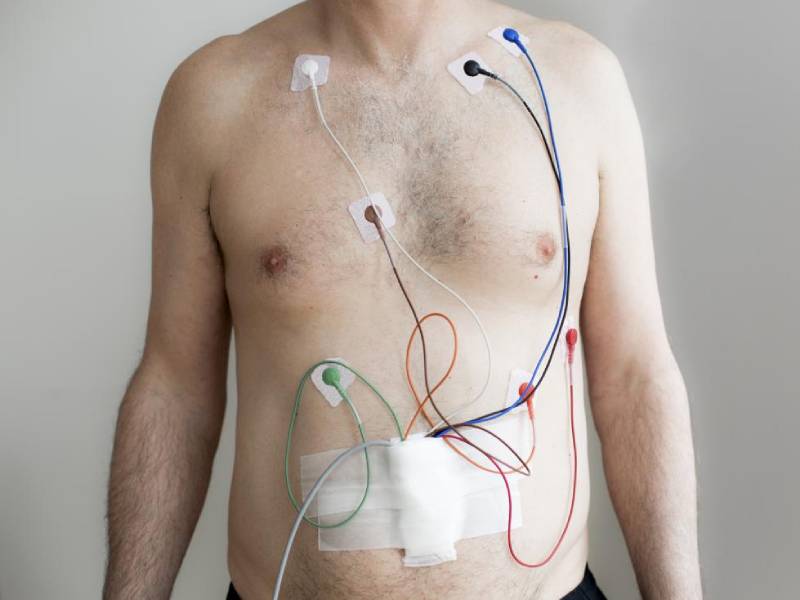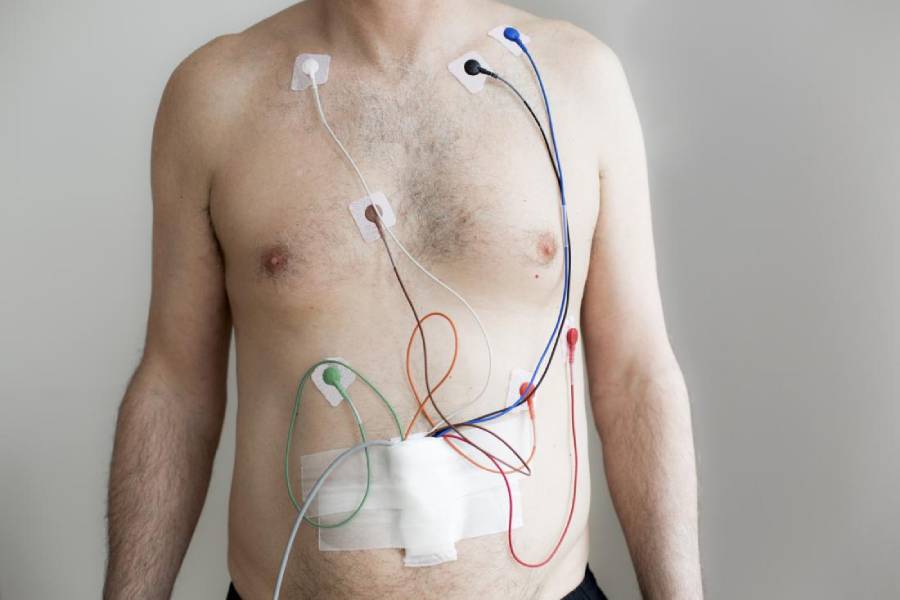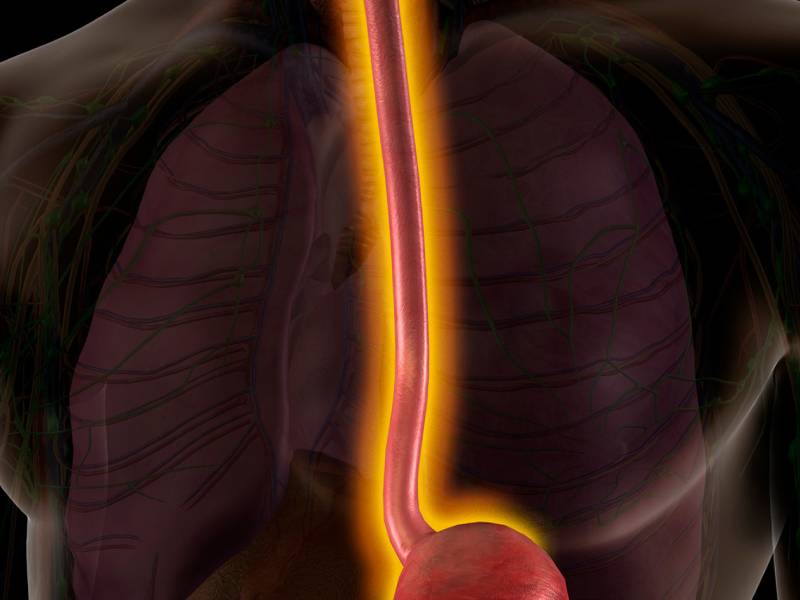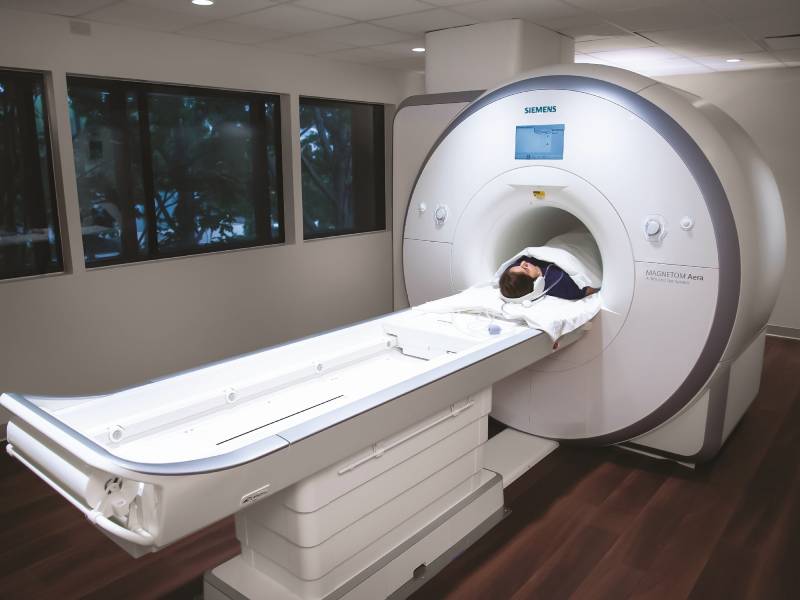Are you experiencing chest pain or any discomfort and looking for a Holter Monitoring Test in Pune? Then you’re at the right place. Dr. Kartik Bhosale at Dr. Kartik Bhosale’s Cardiology Clinic provides the best Holter Monitoring Test with personalised attention. Dr. Kartik Bhosale is a qualified and experienced interventional cardiologist in Pune who has performed more than 3000+ Holter Monitoring Test Procedures in the last year. He is capable of managing all types of cardiac patients, as well as emergencies like Heart attack, heart failure, arrhythmias, etc. In this Page, Dr. Kartik Bhosale explained in simple ways What Is Holter Monitoring Test? If you have any questions/queries about the Holter Monitoring Test, then you can consult Dr. Kartik Bhosale at his clinic in Wakad.
Let’s See more about the Holter Monitoring Test

Holter Monitors are crucial tools for identifying and keeping monitoring of various heart problems. They excel in detecting irregular heart rhythms (arrhythmias), evaluating chest pain episodes, and assessing the impact of particular heart medications. Skilled healthcare professionals meticulously analyse the recorded data to identify any irregularities in heart electrical activity, facilitating the diagnosis and treatment of heart-related issues
A Holter Monitor is like a friendly heart companion you can wear! This portable medical device keeps a constant eye on your heart’s rhythm and rate for a whole day, usually 24 to 48 hours. It’s a tiny, easy-to-wear gadget with special stickers placed on your chest to record your heart’s electrical signals. It’s like having a heart diary that helps your doctor understand how your ticker is doing.
Holter monitoring is akin to having a heart health detective by your side! This method involves continuously tracking your heart’s rhythm and rate for 24 to 48 hours.
Here’s why it’s used:
A Holter monitor might be suggested for those facing potential heart concerns.
Here’s when it can be helpful:
Getting prepared for a Holter monitor test is a breeze:
Wondering what to expect during a Holter monitor test?
Once you’ve completed the monitoring period, simply return the device to your healthcare provider’s . If you were asked to keep a record of any symptoms you experienced while using the device, your provider will then compare the data from the Holter monitor with your notes. This side-by-side analysis helps your provider make a more accurate diagnosis, ensuring you receive the best possible care.
After your Holter monitor test, Dr. Kartik Bhosale, the cardiologist, will provide you with the results. These results offer insights into your heart’s performance throughout the monitoring period, including any irregularities or concerns that may have been observed. Dr. Kartik Bhosale, the provider at Heart Specialist Clinic, will take the time to discuss the significance of these findings with you and provide recommendations for treatments or further steps based on the results. This process is designed to empower you with a better understanding of your heart health and guide you toward appropriate actions.
The average cost of a stress test is INR 3500 but our center offers it at Rs 3000. Also, The test cost depends on factors such as the type of echocardiogram is performed, the Location where you get your test, and the expertise of a cardiologist.
If you are looking for an Holter Monitor test in Pune then contact us now! For more information about our comprehensive treatment options, or to request an appointment with the best cardiologist in Pune call +918420070081 / +918420070082 or Click on Book Appointment for online booking.
Holter monitor, you can continue your regular daily activities, whether it’s working, exercising, or getting a good night’s sleep. You’re even okay to take a shower or bath, as long as you’re careful not to get the monitor or electrodes wet. Your healthcare provider will give you clear instructions to follow.
Using Your Phone with a Holter Monitor: No Worries! Feel free to use your phone while you have a Holter monitor on. The monitor is made to track your heart’s activity, so it won’t interfere with your phone. Carry on using your phone as you usually do during the monitoring period.
When a patient doesn’t give precise symptom reports, it becomes difficult to understand their heart condition thoroughly. The data accumulates gradually and doesn’t include information from a particular moment, which means it’s not suitable for immediate analysis.
Nope, a Holter monitor isn’t designed to measure your blood pressure (BP). Its main purpose is to record your heart’s electrical activity, such as heart rate and rhythm, over a specific time frame. If you need to monitor your blood pressure, that’s a different task altogether, usually done with a blood pressure cuff or a dedicated device.
The lowest heart rate a Holter monitor typically records can vary depending on the monitor and settings, but it commonly captures heart rates between 30 and 40 beats per minute (bpm).
No, it’s generally not recommended to wear a Holter monitor during an MRI). The strong magnets in the MRI machine can interfere with the Holter monitor’s function, possibly causing data inaccuracies. If you require an MRI, your monitor should be removed before the procedure and reattached afterward.
A 3-channel Holter monitor is a bit like having a heart detective in your pocket! This small device watches over your heart’s performance continuously for 24 to 48 hours. The “3-channel” aspect means it records your heart’s electrical activity from three different angles simultaneously.

Holter Monitoring is used to detect or determine the risk of irregular heartbeats (arrhythmias) Read More

Transesophageal echocardiogram (TEE) is a test that produces pictures of your heart. Read More

Cardiac MRI (magnetic resonance imaging) uses a powerful magnetic field, radio waves Read More
ExcellentBased on 580 reviews
 Posiden Cratos25/04/2024Very good and calm nature of doctors and expert in cardiology 🫀 fully satisfied
Posiden Cratos25/04/2024Very good and calm nature of doctors and expert in cardiology 🫀 fully satisfied Rahul Jagtap24/04/2024Very Good Treatment & Excellent talented kartik Sir
Rahul Jagtap24/04/2024Very Good Treatment & Excellent talented kartik Sir Raju Kumar24/04/2024Good experience
Raju Kumar24/04/2024Good experience Nikhil Katkar23/04/2024It's very good and very helping nature of staff. It was great pleasure to meet Doctor and his diagnosis , treatment is very good with affordable price.
Nikhil Katkar23/04/2024It's very good and very helping nature of staff. It was great pleasure to meet Doctor and his diagnosis , treatment is very good with affordable price. Datta Kale23/04/2024Dr. Kartik bhosle is best CARDIOLOGHST and staff also good communication
Datta Kale23/04/2024Dr. Kartik bhosle is best CARDIOLOGHST and staff also good communication vitthal patil23/04/2024Dr. Kartik Bhosle..Good Cardiology practioner in Wakad Area.
vitthal patil23/04/2024Dr. Kartik Bhosle..Good Cardiology practioner in Wakad Area. Dnyanesh Naiknaware23/04/2024Dr. Kartik bhosle is very friendly and staff also good communication I like clinic
Dnyanesh Naiknaware23/04/2024Dr. Kartik bhosle is very friendly and staff also good communication I like clinic anuradha lotlikar23/04/2024Dr. Kartik bhosle is best cardiologist and very friendly person
anuradha lotlikar23/04/2024Dr. Kartik bhosle is best cardiologist and very friendly person Upendra Lotlikar23/04/2024Dr.kartik bhosle is best cardiologist I like doctor and staff aslo good communication
Upendra Lotlikar23/04/2024Dr.kartik bhosle is best cardiologist I like doctor and staff aslo good communication
WhatsApp us
